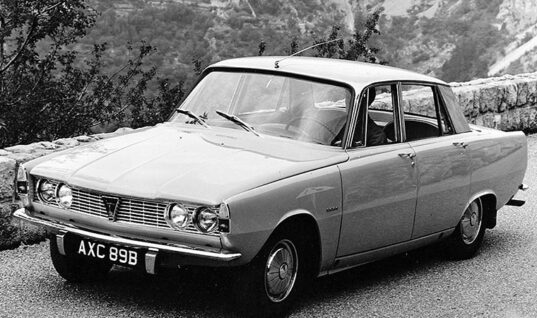Brake pads are safety-relevant wearing parts. In this regard, the attention of the mechanic and the quality of the replacement components are particularly important.
Brake pads are wearing parts. Every time a car is received at the workshop, the mechanics should check their functionality and possible wear and tear. Tire change (winter/summer) is a particularly good and recurring opportunity to examine brake pads and discs.
We asked a Bosch expert about this topic.
Q: When is the right time to change brake pads?
A: Many modern cars are equipped with electrical wear sensors activating a signal light on the dashboard once the brake pads are worn. There are also mechanical wear sensors genera- ting a squeaking noise if worn. During the visual inspection at the workshop, a friction material thickness of 2 – 3 mm can be considered a reasonable guidance. Brake pads have to be replaced twice as often as the brake discs themselves.
Q: How often must brake pads be checked?
A: Brakes are system-relevant com- ponents. Whenever the vehicle comes into the workshop, the mechanics should take a look at the pads.
Renewal is necessary every 30,000 to 60,000 km. Of course, these intervals also depend on the driving and environ- mental conditions. Sporty driving, very frequent and heavy braking in mountainous regions or in city traffic, heavy vehicle loads and corrosion stress the brakes. All brake components are affected by moisture or road salt.
A check is worthwhile when changing tires and before long journeys – such as a holiday trip. Changing brake discs always implies brake pad replacement. Wear and tear is always a common process. This also applies to the replacement of the brake pads per axle. In this way, the left and right wheels maintain the same braking efficiency.
Q: Which are the most common mistakes when changing the brake pads?
A: Workshops are used to working on brake pads. This fact implies the risk of working too fast or skipping important steps such as cleaning all required parts. It is always important to use new accessories. Old components can be dirty, corroded or defective. Installation errors can be avoided by using the ESI[tronic] 2.0 online work- shop software. And Superfit should not be applied to the back of the pads, but only to the brake pad guides and – depending on the caliper design – the brake caliper guides.
Q: What makes a good brake pad?
A: The requirements for good friction material can be sorted into three categories: safety, comfort and dur- ability. Depending on their specific application, all of these factors need to harmonize in the best possible manner. Consistent braking performance in every driving condition improves safety. Bosch brake pads operate comfortably by reaching a high level of vibration and noise absorption. This is achieved – among other things by modifying the shims on the back plate of the pad. This decoupling reduces vibrations and improves the braking comfort. When developing brake pads, the response behaviour, the pedal feel and the wear and tear depend first and foremost on the composition of the friction material. But other secondary measures such as the integration of a rain slot and chamfering of the pad edges have a positive influence on brake pads and discs as well. They also prevent vibrations and noises caused by friction. Secondary measures can change acoustic frequencies into a range inaudible to humans. Many pads do not have secondary measures because the frequency level does not need to be changed.
Q: Which other brake components should be changed together with the brake pads?
A: In any case the accessory parts, calipers, cables and hoses should be checked. The boiling point of the brake fluid should also be examined. The brake pads must be changed whenever the brake discs are replaced – and Bosch brake pads should be installed together with matching Bosch brake discs.








Home Page › Forums › Safety means: brake check at every workshop appointment